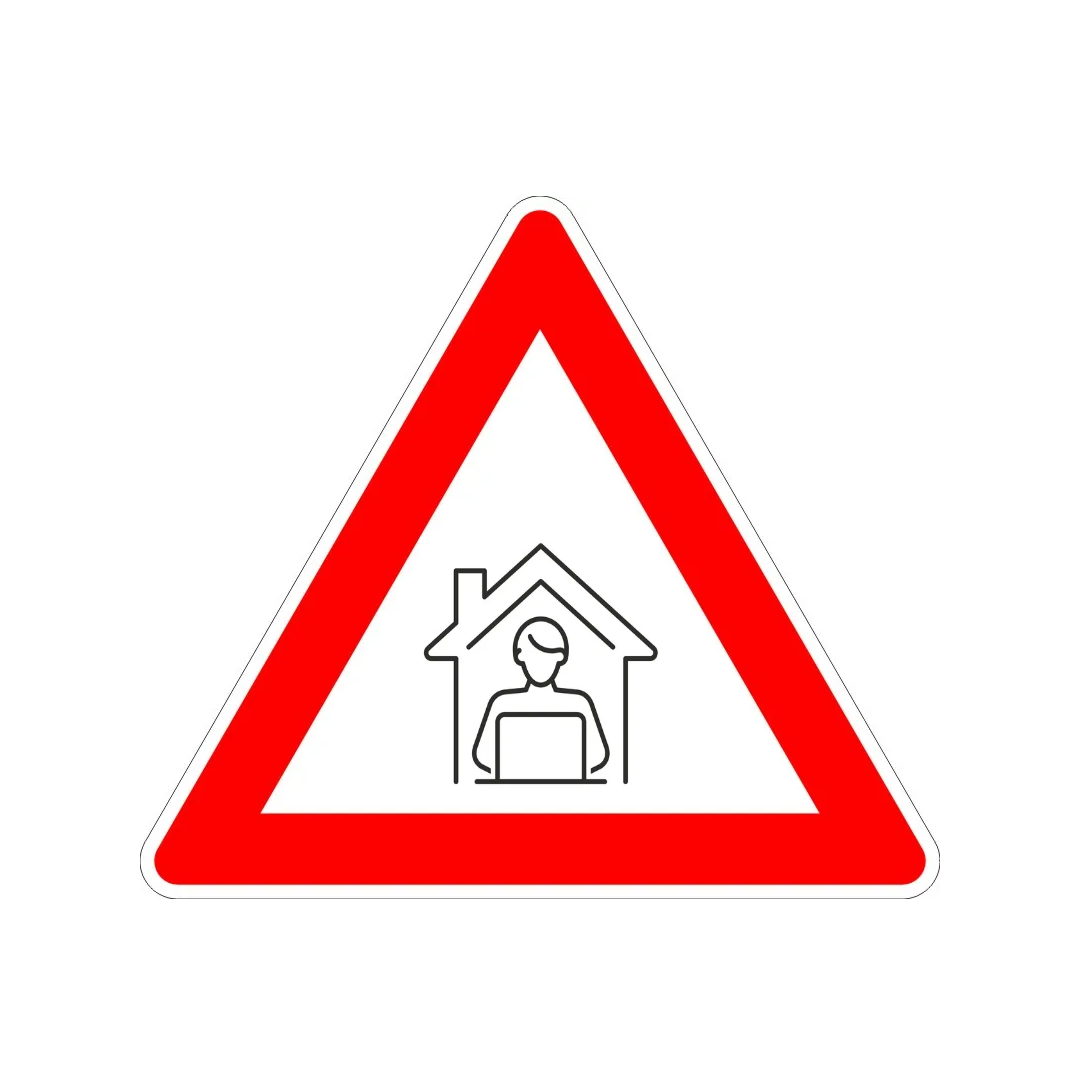Year of Cyber - Passwords

Who are you? Passwords – the key to your identity.
Passwords are commonly used to prove your identity to your computer and to a host of other applications. That means that getting them right – both memorable and secure – is important.
This is the forth in the Year of Cyber articles to help you use cyberspace safely at work and at home.
Simple points to remember:
1. Use strong passwords (using 3 random words).
2. Protect passwords - never share them or leave them where they can be found.
3. Frequently changed passwords often lead to weaker, reused passwords, compromising security.
What is a password?
Okay – I know you already know the answer - passwords are those strings of letters and numbers that we must use to log on to our computers, and on to a host of other applications at work, and banking and social media at home.
But what are passwords?
Passwords are the most usual way to provide your identity on a computer system – the technical term is authentication. As humans, we recognise our friends – so effectively seeing their face or hearing their voice is often enough for us to know who someone is. But if you don’t know who someone is, you might ask for proof – possibly their passport or their security pass, depending on the circumstances. Basically, your username is your means of saying “it’s me” to the computer, and the password is your proof that “this really is me” (like your passport). If you think about a password this way you can see why they are important, even though they might sometimes seem a nuisance.
Why so many passwords?
Think for a moment about your house, your car or bicycle, the locker you use at the gym, possibly even a desk or cupboard at work. They all have keys - different keys. Some, like your house, have complex locks and keys that are hard to break, others don’t – it depends on the impact of someone else getting the key. Passwords are the same – some need to be secure, others less so. It depends on what the password is protecting and the impact of someone “breaking in”.
You wouldn’t have the same key for your house, car, and desk, as anyone who got one of your keys could then open all of them. It’s the same with having different passwords for different applications. That said, it is frustrating to have to log on separately to different services at work and at home, so a single sign-on solution to support Identity and Access Management (IdAM), should be used.
What is the Risk?
If you use weak passwords, or the same passwords for different applications, it makes it easy for people to impersonate you. Depending on the system and application, they might be able to access sensitive information (emails or staff reports, perhaps), send emails in your name or access your bank account. Good passwords, that you keep secure, can help to protect you against fraud and identity theft.
Passwords also need to be something that can’t be easily guessed. So, anything about you, as well as ordinary dictionary words, are out, unless you can combine them in more secure ways. Criminals can easily run searches of dictionary words, and of common phrases (including celebrity names, films, and TV programmes) and even foreign words. Anything that might be easily known about you (including from your social media profiles) is also easy for them to find. So, you might love your dog, or be a committed football fan, but “Rover”, “GoldenLabrador” and “ManchesterUtd” would not be very good passwords. But there’s a balance – good passwords don’t have to be impossible to remember.
Misuse really does happen. In one example, an employee received a warning after leaving their user login and password details in an unlocked desk while they went away, and the login had then been used by another person to access inappropriate websites. Only evidence that the employee had not been in the country at the time of the breach prevented further action being taken against them.
So, what can I do?
System Administrators enforce good passwords by offering consonant-vowel-consonant triplets with numbers. If you need to write them down in full then remember that they must be marked at the highest classification level allowed on the relevant system and kept in an appropriate secure cupboard. A better idea, if you need a written record, is to write them in a private ‘code’ others would be unable to guess and protect this suitably. Alternatively, think of ways to remember them by making the triplets into words to tell a story – e.g “yog” could suggest yoghurt, or a youthful old granny! (This is the same technique of creating a story used by those performing memory feats.)
Make Them Hard to Guess. New guidance from the National Cyber Security Centre (NCSC) is to use three random words, although you can use numbers and special characters if you wish. Avoid words or anything that might be associated with you. So, a proud dog owner might want to consider something more complex, perhaps an image of a Rover chasing a ginger cat down Oxford Street, and take the first 3 letters of "chasing", "ginger" and "oxford" to give "chaginoxf"
Never share passwords – if someone has a legitimate reason to do something, they should have an account set up to allow them to do it. Giving them your password is like giving them the keys to your house when you aren’t there. If you need to give a colleague access to an email account, then do it through proper mailbox delegation. Also, helpdesk staff never need access to your password, so be very suspicious of anyone who requests it.
Take care that you are not being watched as you type your password in – the normal rules about avoiding being overlooked apply.
Reconsidering frequent password changes is advised, as it may lead to weaker security practices. Emphasis is now on strong, unique passwords and multifactor authentication (MFA) to counteract sophisticated cyber security threats, moving away from routine password resets unless a compromise is detected. And don’t leave them where they can be found – so not on sticky notes under the keyboard, or in your notebook.
Get Safe Online has good advice on protecting your passwords at home – including making sure you don’t use administrator accounts on your home PC for routine access, which will help to protect you from the effects of malicious software.
Sanctions
We are all responsible for maintaining the security of our working environment, including an organisation’s networks and systems. Action is taken against people who put this at risk, including through password misuse.
Reporting
The advice in this article underscores the necessity of consulting cyber security experts, such as Cybercentry, for addressing any cyber security incidents in both personal and professional contexts. Reporting concerns promptly to the relevant authorities is crucial for a swift response and safeguarding against potential threats.
Share











